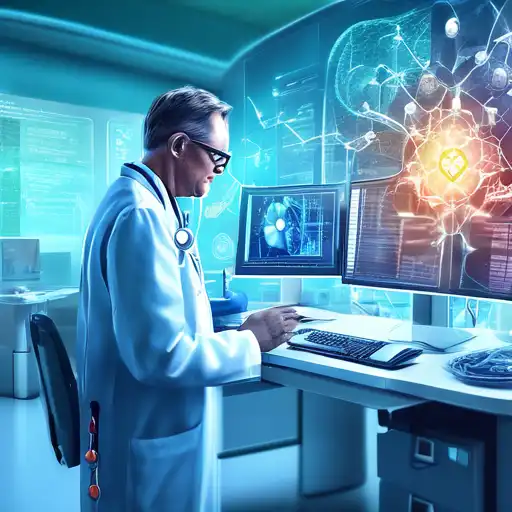The Transformative Impact of Data Science on Modern Healthcare
In the rapidly evolving world of healthcare, data science has emerged as a cornerstone of innovation, driving significant improvements in patient care, operational efficiency, and medical research. This article explores the multifaceted ways in which data science is reshaping the healthcare landscape.
Enhancing Patient Care with Predictive Analytics
One of the most notable contributions of data science to healthcare is the use of predictive analytics. By analyzing vast datasets, healthcare providers can now predict patient outcomes more accurately, enabling personalized treatment plans. This not only improves patient care but also reduces unnecessary hospital readmissions.
Streamlining Operations Through Big Data
Big data technologies allow healthcare institutions to streamline their operations, from inventory management to patient scheduling. By leveraging data science, hospitals can optimize resource allocation, significantly cutting costs and improving service delivery.
Advancing Medical Research with Machine Learning
Machine learning, a subset of data science, is revolutionizing medical research by accelerating the discovery of new drugs and therapies. Through the analysis of complex biological data, researchers can identify potential treatments faster than ever before.
Improving Public Health with Data-Driven Insights
Data science also plays a pivotal role in public health, offering insights into disease patterns and health trends. This enables governments and organizations to implement targeted interventions, improving community health outcomes.
For more insights into how technology is transforming healthcare, explore our articles on medical technology and big data in healthcare.
Conclusion
The integration of data science into healthcare is not just transforming patient care and medical research; it's redefining what's possible in the sector. As technology continues to advance, the potential for further innovation remains boundless.
